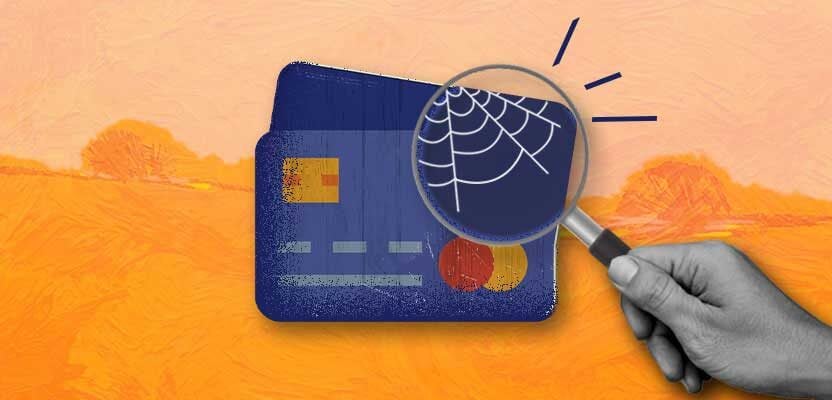Setting aside your credit card for a while can be a great idea, especially if you’ve been struggling with your spending and are trying to get your finances back on track. However, be wary of leaving a card unused for too long—it could have consequences that will actually hurt your finances and credit.
Learn more about what can happen if you don’t use your credit card for an extended period of time.
Table of Contents
What happens if I don’t use my credit card?
What happens when you stop using your credit card depends on your card issuer’s policies. Here are all the possibilities:
1. Nothing will happen
If you stop using your credit card for just a few months or less, it’s likely that absolutely nothing will happen. In fact, if you’re figuring out your finances and need to take a break from credit card spending, putting your plastic aside for a while could be a good decision, as not paying your credit card has major consequences.
2. Interest will accrue on your unpaid balance
If you stop using your credit card or making payments on it while a balance remains, you’ll continue to accrue interest. Just because you’re ignoring it, doesn’t mean it will go away.
In fact, if you fail to make at least the minimum payments on your card, you’ll face serious consequences, including late fees and a possible drop in your credit score.
Even if you need a break from charging your card, continue to pay your balance down to avoid getting into too much credit card debt.
3. Your rewards may expire
If you’re planning to stop using a rewards card, you may lose some or all of your credit card points or credit card miles.
Again, whether or not this applies to you will depend on the credit card. Check your card’s borrowing terms or the information in its online portal to clarify whether your rewards will expire and how long you have to cash them out before you lose them for good.
4. You’ll waste any fees you’re paying to keep the card open
If you’re paying an annual fee on a credit card and not using that card, the fee isn’t worth it. In order to get the most out of an annual fee, you need to be earning more in rewards than you spend each year on the fee.
Without using the card, you aren’t earning rewards, and therefore you’re losing money year over year on the credit card.
5. You may overlook card theft or fraud
One of the major consequences of not using your credit card could be missed fraud. If your card or card number is stolen and you aren’t checking your account, you may not notice fraudulent activity right away.
The longer fraud goes undetected, the harder it is to stop and the more consequences you might suffer in the meantime.
6. Your card issuer may close your account
If your credit card remains inactive for a long period of time (normally 12 months or more), your card issuer may choose to close your account.
Account closure can be harmful in a couple ways. For one, it leaves you without emergency funds and spending power by eliminating one of your lines of credit.
Additionally, it negatively impacts your credit utilization rate. Your credit utilization rate is calculated by dividing your current balance across credit cards by the sum of your credit limits.
A lower credit utilization is better for your credit score. If one of your credit cards is closed, your total credit limit will go down and your utilization rate will go up.
As credit utilization is the second most important factor in your credit score, letting one of your accounts close from inactivity could significantly damage your credit.
Is it bad to not use a credit card?
It’s not necessarily bad to stop using a credit card—all credit accounts are financial tools, and it’s your right to stop using them if you choose to do so.
However, as you’ve seen, leaving a card inactive for too long does come with consequences.
To protect yourself, one strategy is to put a small, recurring payment on your credit card, like a Netflix subscription. Then set up autopay on your credit card account to pay the full balance each month.
That way, your credit card will show regular, responsible use and your card issuer won’t close it, but you won’t have to use the unwanted card for anything else.
If you don’t use your credit card, does it hurt your credit?
As mentioned, not using your credit card does have the potential to hurt your credit if your account is closed by your issuer.
However, inactivity doesn’t always hurt your credit. In fact, it can even help it.
Let’s look at credit utilization again. Remember that it’s calculated by dividing your total balance by your total credit limit, and you want to keep this rate low.
If you pay off your balance before putting your card away for a while, your credit utilization rate will actually be lower than if you kept spending on your card. It might even hit 0%, if you don’t have any remaining balances across any of your other credit cards (or if you have no other cards at all).
So if your debts are paid in full and you don’t use your credit card for a while, it may actually help your credit. Just make sure to pick the card up again before your issuer cancels the account.






